Best movies like A Film Like Any Other
A unique, carefully handpicked, selection of the best movies like A Film Like Any Other . If you liked A Film Like Any Other then you may also like: 1900, The Year 01, Joshua: Teenager vs. Superpower, The Joy of Learning, Blue Collar and many more popular movies featured on this list. You can further filter the list even more or get a random selection from the list of similar movies, to make your selection even easier.
An analysis of the social upheaval of May 1968, made in the immediate wake of the workers’ and students’ protests. The picture consists of two parts, each with with identical image tracks, and differing narration.
You may filter the list of movies on this page for a more refined, personalized selection of movies.
Still not sure what to watch click the recommend buttun below to get a movie recommendation selected from all the movies on this list
The Year 01
The film narrates a utopian abandonment, consensual and festive of the market economy and high productivity. The population decides on a number of resolutions beginning with "We stop everything" and the second "After a total downtime will be revived-reluctantly-that the services and products including lack will prove intolerable. Probably: water to drink, electricity for reading at night, the TSF to say "This is not the end of the world, this is an 01, and now a page of Celestial Mechanics". The implementation of these resolutions is the first day of a new era, Year 01. The Year 01 is emblematic of the challenge of the 1970s and covers such diverse topics as ecology, negation of authority, free love, communal living, rejection of private property and labor.
Joshua: Teenager vs. Superpower
When the Chinese Communist Party backtracks on its promise of autonomy to Hong Kong, teenager Joshua Wong decides to save his city. Rallying thousands of kids to skip school and occupy the streets, Joshua becomes an unlikely leader in Hong Kong and one of China’s most notorious dissidents.
The Joy of Learning
Night after night, not long before dawn, two young adults, Patricia and Emile, meet on a sound stage to discuss learning, discourse, and the path to revolution. Scenes of Paris's student revolt, the Vietnam War, and other events of the late 1960s, along with posters, photographs, and cartoons, are backdrops to their words. Words themselves are often Patricia and Emile's subject, as are images, sounds, and juxtapositions.
Blue Collar
Fed up with mistreatment at the hands of both management and union brass, and coupled with financial hardships on each man's end, three auto assembly line workers hatch a plan to rob a safe at union headquarters.
The Confession
The vice-minister of Foreign Affairs of Czechoslovakia, knowing he's being watched and followed, is one day arrested and put into solitary confinement by his blackmailers.
Made in Dagenham
A dramatization of the 1968 strike at the Ford Dagenham car plant, where female workers walked out in protest against sexual discrimination.
Modern Times
The Tramp struggles to live in modern industrial society with the help of a young homeless woman.
Struggle in Italy
The film reveals how and why a supposedly revolutionary Italian girl has in fact fallen prey to bourgeois ideology.
The Strawberry Statement
A college student joins a group of revolutionaries to meet girls but ends up committed to their goals.
Land and Freedom
David Carr is a British Communist who is unemployed. In 1936, when the Spanish Civil War begins, he decides to fight for the Republican side, a coalition of liberals, communists and anarchists, so he joins the POUM militia and witnesses firsthand the betrayal of the Spanish revolution by Stalin's followers and Moscow's orders.
The Lost City
In Havana, Cuba in the late 1950's, a wealthy family, one of whose sons is a prominent nightclub owner, is caught in the violent transition from the oppressive regime of Batista to the Marxist government of Fidel Castro. Castro's regime ultimately leads the nightclub owner to flee to New York.
The Missing Picture
Rithy Panh uses clay figures, archival footage, and his narration to recreate the atrocities Cambodia's Khmer Rouge committed between 1975 and 1979.
State of Siege
Using the interrogation of a US counterinsurgency agent as a backdrop, the film explores the consequences of the struggle between Uruguay's government and the leftist Tupamaro guerrillas.
Sympathy for the Devil
An exhilarating, provocative motion picture. The Rolling Stones rehearse their latest song, "Sympathy For the Devil," in a London studio. Beginning as a ballad, the track gradually acquires a pulsating groove, which gets Jagger into a rousing vocal display of soulful emotion that Godard captures on film.
Too Early / Too Late
Inspired by a letter by Friedrich Engels and a 1974 account of two militant Marxist writers who had been imprisoned by the Nasser regime, Straub-Huillet filmed this film in France and Egypt during 1980. They reflect on Egypt’s history of peasant struggle and liberation from Western colonization, and link it to class tensions in France shortly before the Revolution of 1789, quoting texts by Engels as well as the pioneering nonfiction film Workers Leaving the Lumière Factory (1895).
Tout Va Bien
A strike at a French sausage factory contributes to the estrangement of a married filmmaker and his reporter wife.
Palombella Rossa
Michele is a Communist MP who loses his memory in a car crash—although nobody seems to notice. Over the course of a water polo match ahead of election day, he begins to remember his past life, revealing the picture of a man whose personal and political identity crisis mirrors the one of Italian communism.
Milena
Prague, 1920. Milena's father wants her to follow in his footsteps and be one of the first female doctors in Czechoslovakia, but she is determined to be a writer. She elopes to Vienna with the Jewish music critic Ernst Pollak, and starts a correspondence with Franz Kafka. She leaves Pollak and returns to Prague with her father, where she befriends and translates Kafka. As a journalist, Milena covers the 1923 Ruhr worker's strike and meets the communist architect Jaromir.
Red Salute
The rebellious daughter of an army general gets involved with a Communist agitator, mainly to annoy her father. He arranges to have her kidnapped and taken to Mexico--hoping that she will forget her "Red" boyfriend--by a young, handsome soldier named Jeff who, while somewhat of a goof-up, the general believes is still better for her.
The Young Karl Marx
26 year-old Karl Marx embarks with his wife, Jenny, on the road to exile. In 1844 in Paris, he meets Friedrich Engels, an industrialist’s son, who has been investigating the sordid birth of the British working class. Engels, the dandy, provides the last piece of the puzzle to the young Karl Marx’s new vision of the world. Together, between censorship and the police’s repression, riots and political upheavals, they will lead the labor movement during its development into a modern era.
Underground
Underground is a 1976 documentary film about the Weathermen, founded as a militant faction of the Students for a Democratic Society (SDS), who fought to overthrow the U.S. government during the 1960s and 1970s. The film consists of interviews with members of the group after they went underground and footage of the anti-war and civil rights protests of the time. It was directed by Emile de Antonio, Haskell Wexler and Mary Lampson, later subpoenaed by the Federal Bureau of Investigation in an attempt to confiscate the film footage in order to gain information that would help them arrest the Weathermen. (Wikipedia)
The Revolutionary
"A", a member of a student protest organization, becomes disenchanted by his group's inability to effect real change. Emboldened to pursue more radical methods by the older, experienced leftist organizer Despard, "A" unwittingly becomes party to a labor strike that turns violent. Ultimately held responsible by the authorities for the fracas, "A" allies himself with terrorist Leonard, who intends to avenge those jailed in the protest.
Destination Nicaragua
Documentary about a group of Americans who go to Nicaragua to learn about the conflict between the Contras and the Sandinistas.
Bringing Down a Dictator
A student group called Otpor! ("Resistance!" in Serbian) forms part of the nonviolent opposition movement that toppled the regime of Slobodan Milosevic.
68
From Washington to Saigon, Rome to Mexico, Paris to Prague, a wave of protests shook the world. 68 looks back at the looks back at the Vietnam War, the Prague Spring and the Soviet Invasion, the Paris riots, Dubcek, Che Guevara, De Gaulle, Cohn-Bendrik and more. A dive into the chaos of a turbulent year, featuring fantastic colour footage and the music of Jimi Hendrix, Janis Joplin, Jim Morrisson and Bob Dylan.
L'Établi
A few months after May '68, Robert, a graduate of the Ecole Normale Supérieure and a far-left activist, decides to get a job at Citroën as a line worker. Like other comrades, he wants to infiltrate the factory to rekindle the revolutionary fire, but the majority of workers no longer want to hear about politics. When Citroën decides to pay back the Grenelle Agreements by requiring workers to work 3 hours overtime per week for free, Robert and some others see the possibility of a social movement.
Love and Anger
Five short stories with contemporary settings. In New York, people are indifferent to derelicts sleeping on sidewalks, to a woman's assault in front of an apartment building, and to a couple injured in a car crash. A man, stripped of his identity, dies in bed with actors expressing his agony. A cheerful, innocent young man walking a city street in a time of war pays a price for this innocence. A couple talks about cinema while it watches another couple talk of love and truth on the eve of one character's return to Cuba. Striking students take over a university classroom; an argument follows about revolution or incremental change.
Vladimir and Rosa
Jean-Luc Godard's and Jean-Pierre Gorin's interpretation of the Chicago Eight / Chicago Seven trial, which followed the 1968 Democratic National Convention protest activities. Judge Hoffman becomes the character Judge Himmler (played by Ernest Menzer) and the defendants become a microcosms of the French Revolution.
Wind from the East
A politically oriented film in which images suggestive of a mock western are accompanied by an attack on all cinematic conventions to date and a debate on the nature and possibility of revolutionary cinema.
Terror! Robespierre and the French Revolution
In 1794, French revolutionary Maximilien Robespierre produced the world's first defense of "state terror" - claiming that the road to virtue lay through political violence. This film combines drama, archive and documentary interviews to examine Robespierre's year in charge of the Committee Of Public Safety - the powerful state machine at the heart of Revolutionary France. Contesting Robespierre's legacy is Slavoj Zizek, who argues that terror in the cause of virtue is justifiable, and Simon Schama, who believes the road from Robespierre ran straight to the gulag and the 20th-century concentration camp. The drama, based on original sources, follows the life-and-death politics of the Committee during "Year Two" of the new Republic.
The Pacifist
Barbara is a journalist investigating the local counterculture who becomes involved, after an unpleasant start of battery and stalking, with Pierre Clémenti's louche all-around dropout.
A Man is Dead
Brest, 1950. The war ended five years ago and nothing remains of the city. Massive bombings and intense fighting lasting more than a month turned the city, its docks, its arsenal, into ashes. Thousands of workers will build it up again, brick by brick. But with awful work conditions protests quickly arise and a strike begins. Violent confrontations happen during manifestations. Until one man falls. The next day René Vautier lands at Brest clandestinely to make a movie about the movement.




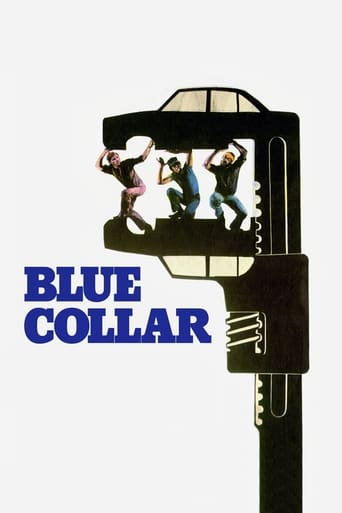

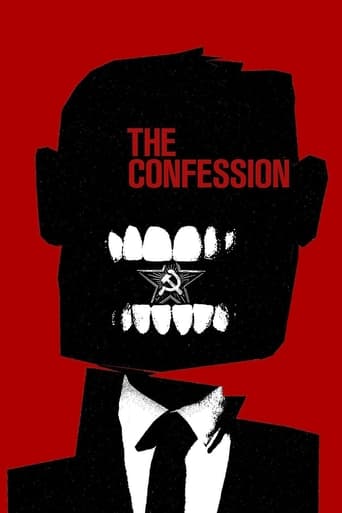
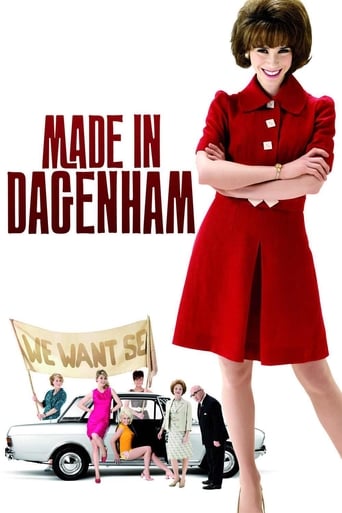
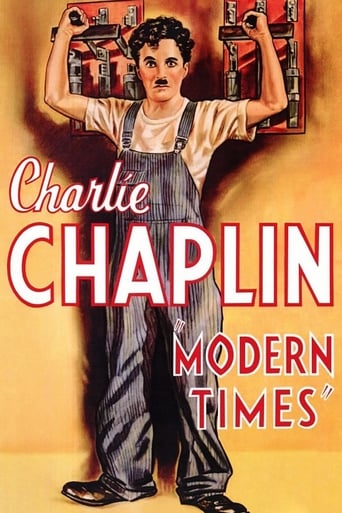

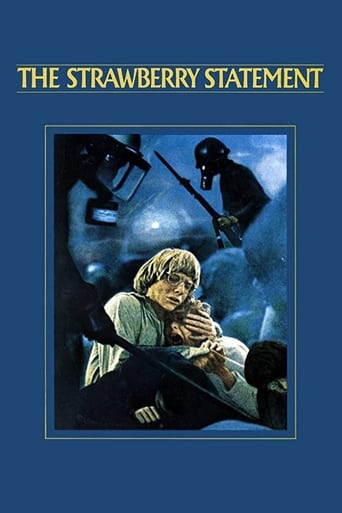

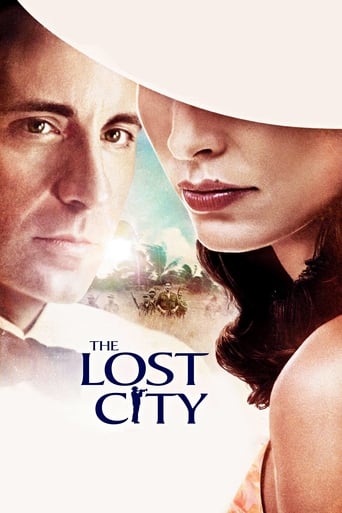


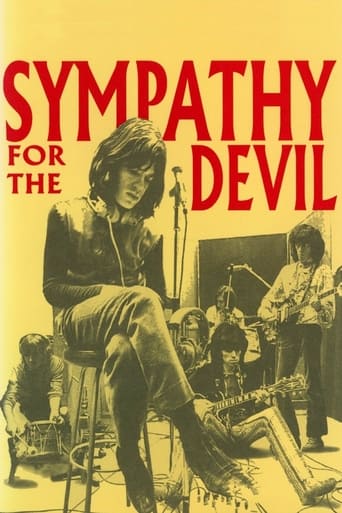

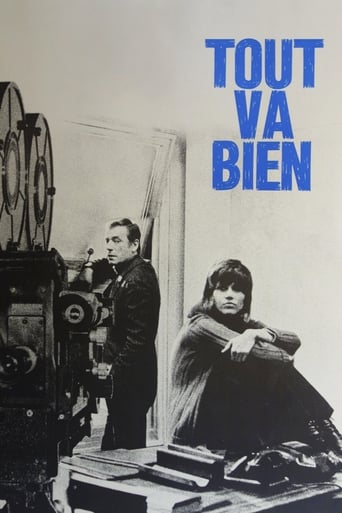











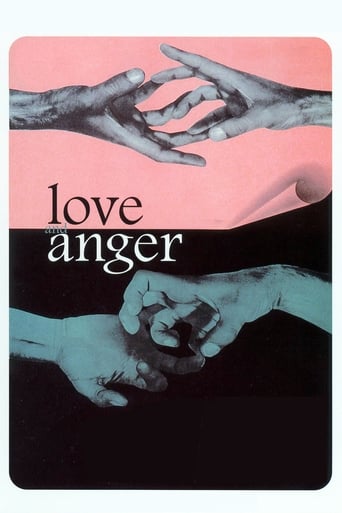







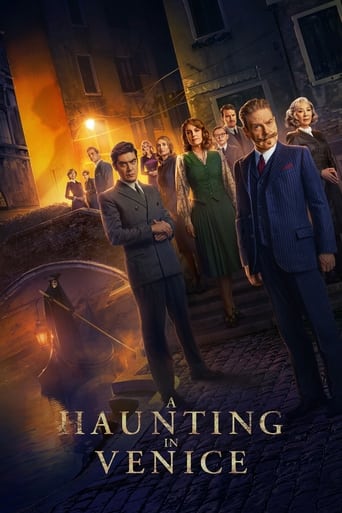
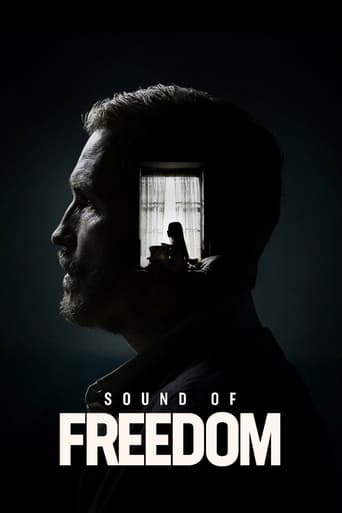
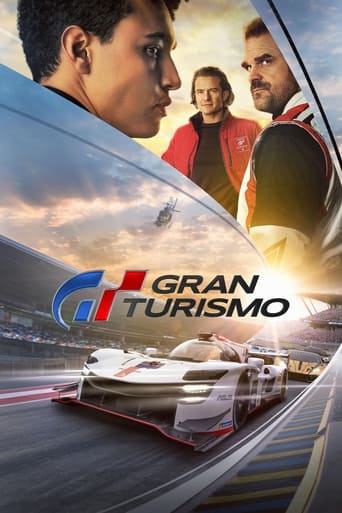
1900
The epic tale of a class struggle in twentieth century Italy, as seen through the eyes of two childhood friends on opposing sides.